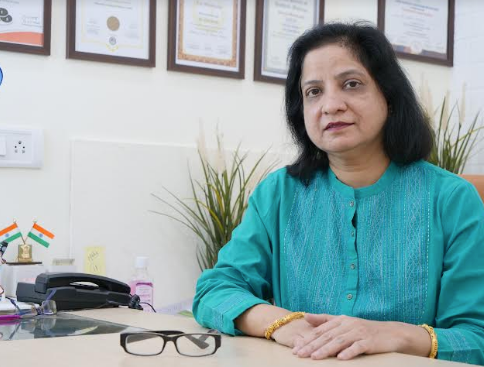Defining skill-sets for IVF technologies
October 13, 2022 | Thursday | Views | By Dr Nishi Singh, Head of Fertility at Prime IVF
An IVF technician in the modern world can choose from a variety of positions
The health issue of infertility is growing in importance both internationally and in the Indian setting. In vitro fertilization (IVF) has surpassed all other infertility treatments in popularity in recent years as many couples find it difficult to conceive naturally.
IVF necessitates the removal of eggs, the collection of sperm samples, and the subsequent hand fertilization of eggs in a dish using injected sperm. After that, the embryo is implanted in the mother's uterus.
The study of how eggs are fertilized and how they grow into embryos is an important part of the IVF treatment plan. In the embryology lab, technicians monitor the process of fertilization and the growth of the embryo.
These technicians are doctoral-level scientist who focuses on the topic of embryology and aid in the development of embryos created from sperm and eggs in a laboratory. When a couple has trouble getting pregnant, these IVF technicians can be invaluable resources.
IVF technicians are trained to do a wide variety of tasks, including but not limited to the following:
*Utilize assisted reproductive technology (ART) to produce embryos in the lab
*Collect gametes from partners and test them for suitability and viability
*Provide gametes and embryos, with the ideal culture conditions and nutrients for growth
*Closely monitor the development of embryos to choose the one with the best chance of implantation
*Cryopreserve gametes and/or embryos for future use
*Maintain an ideal setting by performing quality checks regularly
Given the rapid pace at which new technologies are replacing traditional methods in the IVF sector, meeting future demands may necessitate in-depth expertise in their practical use.
The field of becoming an IVF technician requires a bachelor's degree in biological science and a postgraduate diploma, ideally in Assisted Reproductive Technology, Embryology, or biotechnology. To become a competent IVF technician, one must complete a scientifically sanctioned training programme lasting a minimum of two years and include both classroom instruction and laboratory experience. Developing these abilities is a natural byproduct of time spent working in a field.
An IVF technician in the modern world can choose from a variety of positions in IVF clinics, businesses, and academic institutions.
They are in demand by both public and private assisted reproductive medicine facilities. One can advance to more responsible roles such as lab manager or director as one gains experience. To advance to lab manager and, later, regional manager, they need intensive training in all aspects of laboratory work and management.
High-quality, long-lasting media for embryo culture, as well as other laboratory necessities, are now commercially accessible. Researchers and businesses have worked tirelessly to achieve this. Organizations like this offer promising IVF technicians the chance to put their skills and ideas to use in the service of scientific discovery.
People, processes, instruments, and design all contribute to what makes a given IVF lab successful. The success of any IVF lab relies on its ability to attract and retain the best possible staff. The success of an in vitro fertilization clinic depends on its staff's level of education and training. Quality management is a significant tool for setting, planning, and meeting developments through defined processes enabling continuous improvement, as it will help define and accomplish patient and stakeholder expectations.
Dr Nishi Singh, Head of Fertility at Prime IVF









